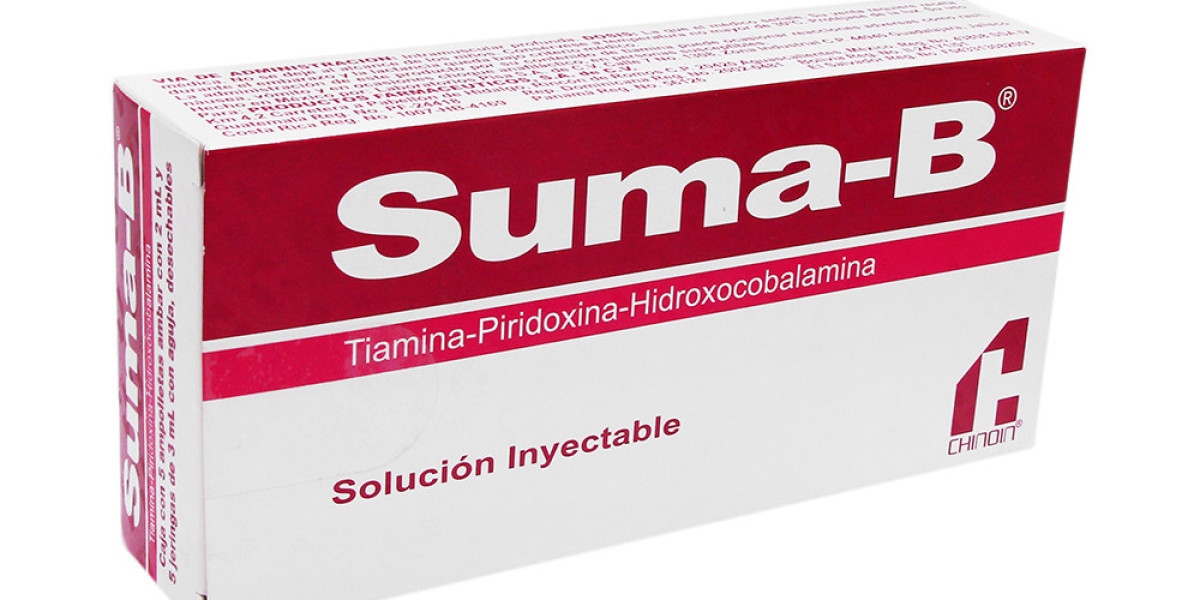Lung cancer remains one of the leading causes of cancer-related mortality worldwide, with non-small cell lung cancer (NSCLC) accounting for nearly 85% of all lung cancer cases. Among the various treatment options available, targeted therapies have gained prominence for their ability to selectively attack cancer cells while minimizing harm to normal tissues. Gefitinib, an epidermal growth factor receptor (EGFR) tyrosine kinase inhibitor (TKI), has emerged as a pivotal drug in the treatment of NSCLC, particularly for patients with EGFR mutations. This article explores the role of Gefitinib in NSCLC treatment, its mechanism of action, benefits, and the importance of choosing a reliable Gefitinib supplier for global accessibility.
Mechanism of Action
Gefitinib is an oral, small-molecule TKI that specifically inhibits the EGFR pathway. EGFR is a transmembrane receptor that plays a critical role in cell proliferation, survival, and migration. In many NSCLC cases, especially in patients of Asian descent and non-smokers, EGFR mutations lead to uncontrolled cancer cell growth. Gefitinib works by selectively binding to the ATP-binding site of the EGFR tyrosine kinase, thereby blocking the phosphorylation process necessary for signal transduction. This inhibition disrupts tumor growth, leading to apoptosis (cell death) and reduced cancer progression.
Clinical Efficacy in NSCLC
Several clinical trials have demonstrated the efficacy of Gefitinib in treating NSCLC patients, particularly those harboring specific EGFR mutations (such as exon 19 deletions and L858R mutations). The Iressa Pan-Asia Study (IPASS) was a landmark study that compared Gefitinib to standard chemotherapy in NSCLC patients. The results showed that Gefitinib significantly improved progression-free survival (PFS) compared to chemotherapy, especially in patients with EGFR mutations.
Another significant trial, the FLAURA study, established that first-line treatment with EGFR TKIs, including Gefitinib, resulted in a higher overall response rate (ORR) and longer PFS than chemotherapy. Patients receiving Gefitinib experienced fewer adverse effects than those on traditional chemotherapy, making it a preferable first-line treatment for EGFR-mutant NSCLC.
Benefits of Gefitinib in NSCLC Treatment
Targeted Therapy: Unlike traditional chemotherapy, which affects both cancerous and normal cells, Gefitinib precisely targets EGFR-mutated cells, reducing damage to healthy tissues.
Improved Quality of Life: Patients on Gefitinib often report fewer side effects, such as nausea, fatigue, and hair loss, compared to those undergoing chemotherapy.
Oral Administration: Gefitinib is administered orally, offering convenience and better compliance compared to intravenous chemotherapy.
Long-Term Effectiveness: For patients with specific EGFR mutations, Gefitinib has demonstrated long-term benefits in delaying disease progression and improving survival rates.
Challenges and Resistance to Gefitinib
Despite its effectiveness, resistance to Gefitinib can develop over time. The primary mechanism of acquired resistance is the T790M mutation in the EGFR gene, which prevents Gefitinib from binding effectively. Other resistance mechanisms include MET gene amplification and histological transformation to small cell lung cancer. In such cases, second- and third-generation TKIs, such as Osimertinib, are recommended.
Combination Strategies to Overcome Resistance
To enhance the effectiveness of Gefitinib and delay resistance, combination strategies are being explored. These include:
Combination with Chemotherapy: Some studies suggest that combining Gefitinib with chemotherapy agents like pemetrexed and cisplatin may improve outcomes.
Use of Next-Generation Inhibitors: Sequential therapy involving Gefitinib followed by Osimertinib can help manage resistance.
Immunotherapy Combinations: Research is ongoing to assess the combination of Gefitinib with immune checkpoint inhibitors to improve treatment responses.
The Importance of a Reliable Gefitinib Supplier
As Gefitinib is a crucial medication for NSCLC patients, ensuring a consistent and high-quality supply is vital. A reliable Gefitinib supplier plays an essential role in making this life-saving drug accessible worldwide. Key factors to consider when selecting a Gefitinib supplier include:
Regulatory Compliance: The supplier must comply with international quality standards such as Good Manufacturing Practices (GMP) and approvals from health regulatory authorities like the FDA and EMA.
Product Authenticity: Ensuring that the medication is genuine and sourced from reputable manufacturers is crucial to avoid counterfeit drugs.
Global Distribution Network: A well-established supplier with a broad distribution network can ensure timely delivery of Gefitinib to patients in need.
Affordability and Accessibility: Competitive pricing and availability in different regions help patients receive timely treatment.
Future Perspectives in NSCLC Treatment
The landscape of NSCLC treatment is rapidly evolving with advances in personalized medicine, biomarker-driven therapy, and novel drug combinations. Gefitinib remains a cornerstone in the treatment of EGFR-mutant NSCLC, but ongoing research aims to improve its efficacy and overcome resistance mechanisms. The introduction of liquid biopsy for detecting EGFR mutations and monitoring treatment response is another promising development in this field.
Conclusion
Gefitinib has revolutionized the treatment of EGFR-mutant NSCLC by offering a targeted, effective, and patient-friendly alternative to traditional chemotherapy. Despite challenges such as drug resistance, ongoing research and combination strategies continue to enhance its effectiveness. Ensuring a steady supply of Gefitinib through a reputable Gefitinib supplier is critical for making this essential medication accessible to patients worldwide. As the field of oncology advances, Gefitinib remains an integral part of the fight against lung cancer, improving survival rates and quality of life for patients worldwide.








